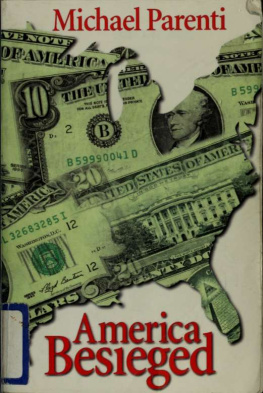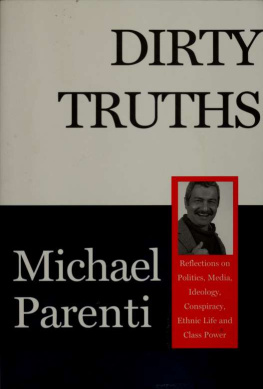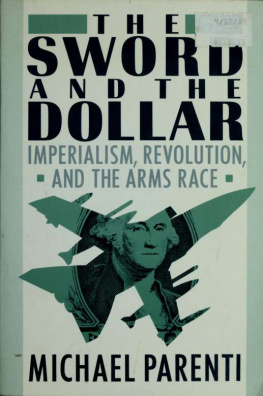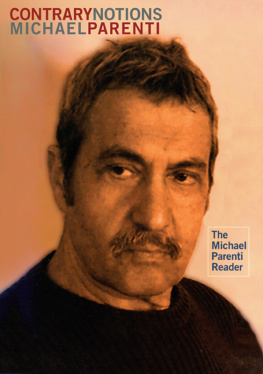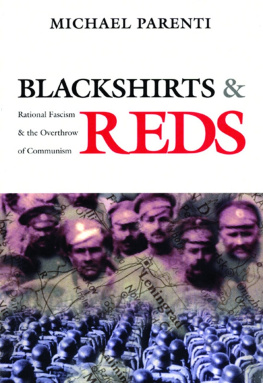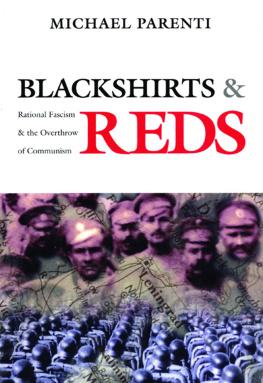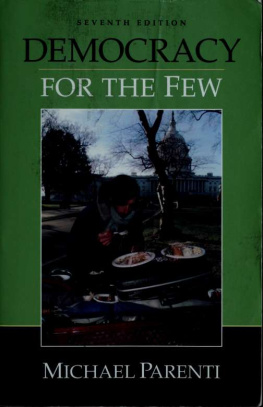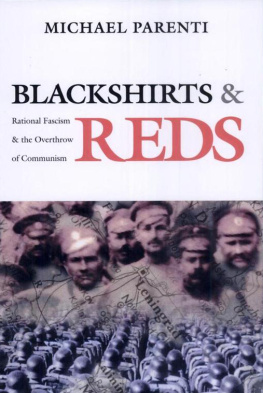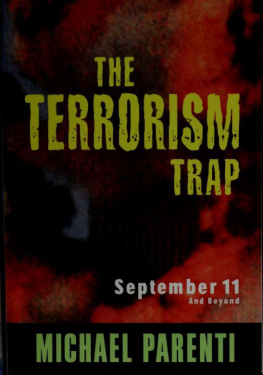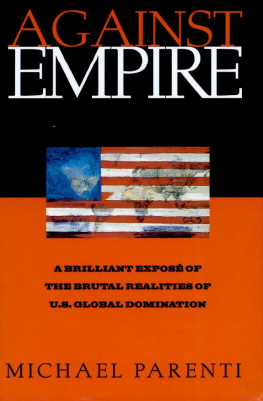My friend of many years, Kathleen Lipscomb, generously provided me with materials and suggestions that were essential in preparing several of the selections in this book. She also helped write an earlier version of the article on privatization. Jeff Crowl and Mark Mindful also contributed some helpful information. Charlotte Kates assisted in writing the selection on GATT and globalization. Jessica Luse contributed to the preparation of the manuscript, as did her father Robert Luse, whose technical expertise solved the problems of translating documents from one software system to another. Sally Soriano also rendered valuable aid, as did Nancy J. Peters, my editor and publisher at City Lights Books. To all these nice people, I offer my heartfelt thanks and appreciation.
PREFACE
Recently, I did a weekly series of forty-five commentaries entitled "People's Radio." These were put up on satellite and played by some forty brave community and listener-supported stations throughout the United States and Canada and on Radio for Peace International, the world's only progressive, English-language shortwave station reaching audiences around the world. I was pleased to discover that "People's Radio" won an enthusiastic reception. Among the commonly heard listener responses were "Why haven't I heard this before?" and "Why don't the people in public life talk about these things?"
Many listeners requested transcripts of the talks. But time and money constraints made it impossible to distribute transcriptsand eventually made it too difficult to continue the broadcasts themselves.
Now in this book I have reproduced the heart of the commentaries, many of them revised and expanded, so that they might be accessible to interested persons. Also included are several selections I never had a chance to broadcast.
Radio commentaries usually deal with the events of the day: the president's spending proposal before Congress, his pending trip to China, his chances for reelection, or a congressional leader's waning popularity, the likelihood of a tax cut, predictions about the stock market's performance, and an array of other such topics that are the stuff of punditryall treated in the major media from a limited center-right ideological perspective and in a superficial manner that soon leaves them outdated.
In contrast, the selections in this book focus on the underlying and enduring forces in modem U.S. society; they provide a useful critical framework for understanding what passes for "the news." That's why I believe they have retained their relevance, and that's why they continue to be played in their original form on a number of radio stations.
Now in revised and I think improved condition, they are offered here to those who still find nourishment in books, even books that say forbidden things.
STRANGE POLITICS
America Besieged
The various commentaries in this book are linked by a common critical perspective, one that is not directed against our nation but against those who are mistreating our nation. Those of us who love our countrynot as an ideological abstraction but as a place where millions of decent people live out their lives are not willing to see it go down the drain just so that the select few can accumulate more and more wealth and power for themselves. The plutocrats' goal is to secure and expand their already enormous share of the world's wealth and stamp out alternative ways of organizing society at home and abroad, regardless of the costs to the rest of us.
For years we were told to be alert to the Red Menace. Lurid images were painted of communists infiltrating our national institutions. Never was the possibility considered that the communists were doing no such thing, that they played a leading role in the struggle for industrial unionism, civil rights, and peace, and that in fact they were loyal Americans, dedicated to the needs of common people and opposed to the free-market abuses of the capitalist system.
Now that the supposed Red Menace has receded, the established powers conjure new demon^ Islamic terrorists, homegrown terrorists, "eco-terrorists," "troublesome" ethnic minorities, immigrants, subverters of family values, feminists, gays, welfare mothers, politically correct liberals, "cultural elites," "secular humanists," and the government itself; that is, those government agencies that might try to regulate businesswith an eye to protecting the public interest. To this list may be added_any-one else who proves inconvenient to moneyed interests or who can serve as a scapegoat against^whom the public might direct its real but misplaced grievances
I To clamor about these various "threats," as right-wingers do, is to overlook the real threat posed by^ the corporate class itself, its enormous power in making things happen the way it wants today, rich multinational corporations, assisted by their ideological acolytes in and out of government, take in billions of dollars in direct and indirect public subsidies. The practice of feeding public money to private business interests has become so widespread at the federal, state, and local levels as to have earned the sobriquet, "corporate welfare."
The big corporations batten off a massive profit-driven military budget. As rich creditors who hold the enormous notes on the national debt, they pocket billions of taxpayer dollars^They themselves enjoy billions in tax write-offs and tax credits. They support those who attempt to undermine public services. They push for passage of laws that expand the repressive powers of the national security state, and international agreements that undermine democratic sovereignty and give free reign monopoly capital. They work to destroy social reform movements at home and abroad, to strip away environmental protections, to marginalize progressive leaders, and ever more tightly limit political discourse in major media that are neither free nor independent.
i_So one is forced to conclude that we are indeed a nation besieged, not from without but from within, subverted not from below but from above^ The moneyed class exercises a near monopoly influence over our political life, over the economy, the state, and the media. Some Americans are astonished to hear of it. Others have had their suspicions, though they may not be quite sure how it all adds up. This book invites the reader to stop blaming the powerless and the poor and, in that good old American phrase, start "following the money."Let's keep our eye on who has too much of the real power in this country. That is the first and most important step toward lifting the siege and bringing democracy back to life.
THE EVASION OF POLITICS
Politics is something more than what politicians do when they run for office Politics is concerned with the struggles that shape social relations within societies and affairs between nations^The taxes and prices we pay and the jobs available to us, the chances that we will live in peace or perish in war, the costs of education and the availability of scholarships, the safety of the airliner or highway we travel on, the quality of the food we eat and the air we breathe, the availability of affordable housing and medical care, the legal protections against racial and sexual discriminationall the things that directly affect the quality of our lives are influenced in some measure by politics. The right to travel to other countries; to hear and voice dissenting opinions in the media, the workplace, or the classroom; to have some protective control over our work situation and environment; to avoid having our labor underpaid and exploited; to live with some measure of security and opportunity at a decent standard of living; to be protected from crime in the suites as well as crime in the streetsthese are important political rights, at least as important as listening to campaign speeches and voting.

